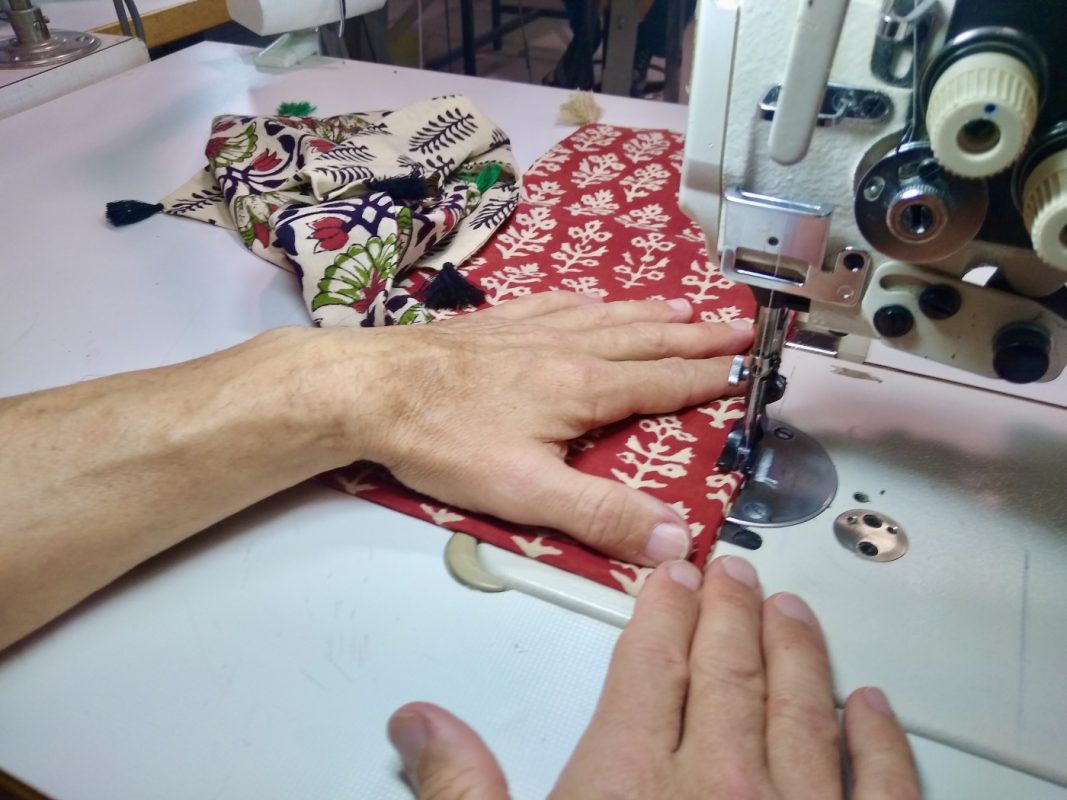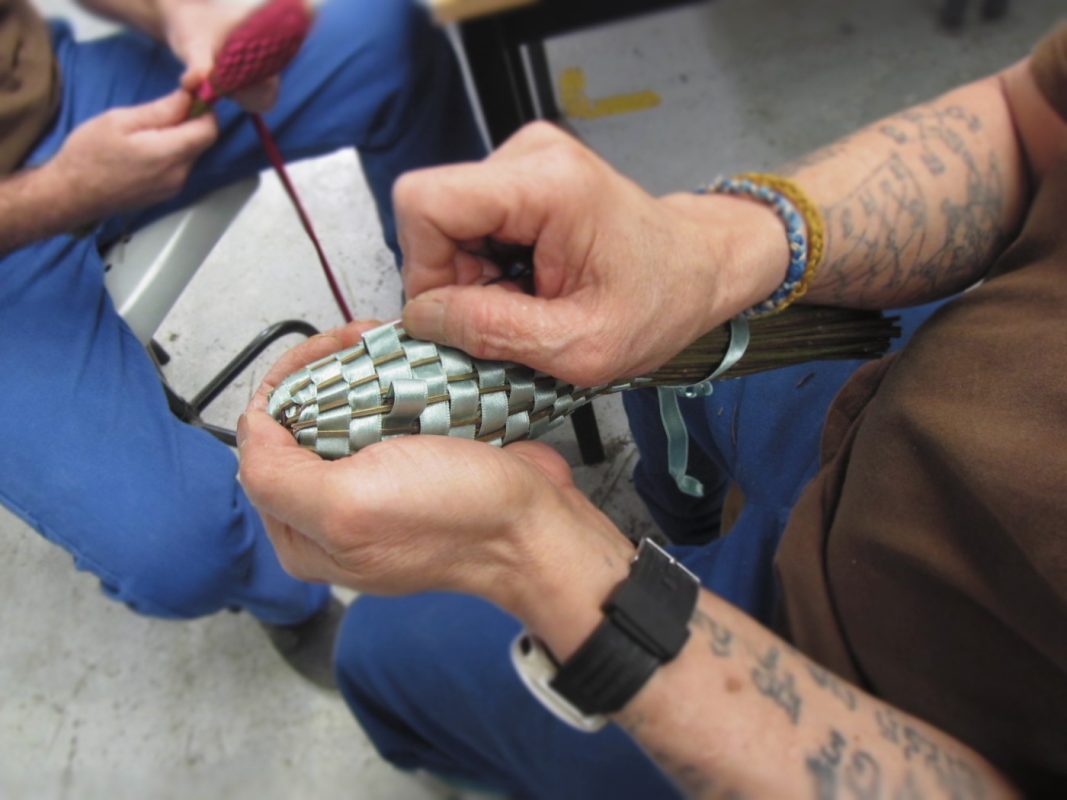Made In Prison

In the heart of my entrepreneurial adventure, there is the will to revalorize the Provençal craft industry and to make this project part of a social and solidarity economy.
The development of my company and the need to produce on a larger scale led me to think about a more inclusive and responsible way of production. I then joined the Starter training provided by the Marseilles-based association Intermade, which supports entrepreneurs in the social development of their company.
It was during these 3 months of training that I discovered the work in the prison environment.
Historically, prison work has always been part of a punitive approach. Since 1987, it is no longer mandatory in detention. Prison work is now chosen by the inmates who crowd the waiting lists.
Despite its proven benefits in terms of rehabilitation, work has become increasingly rare in prison. Thus, the proportion of prisoners engaged in paid work has been steadily decreasing. This slow decline has been accompanied by a deterioration in the quality of the tasks performed in detention. These are reduced to shaping or assembling activities that are not very rewarding. At present, less than a third of the incarcerated prisoners are engaged in paid work because of the lack of companies willing to engage in this process.
The benefits of working in prison are many. Studies show that having a job reduces the probability of returning to prison by an average of 43%. The associated remuneration, although lower than on the outside, allows the prisoner to improve his or her living conditions within the prison, to save for his or her release and to contribute to the compensation of victims.
Finally, the personal benefit is important for the inmate who can regain self-confidence, regain a discipline of life, and once again be an actor in a collective project.
In 2017, I decided to take up the challenge and set up a lavender wand workshop in a detention center in Provence. Despite the singularity of my proposal, 15 candidates volunteer and it is with arms full of fresh lavender that I begin their training. After weeks of teaching them each step and each gesture, the first lavender wands perfume the workshops of the prison and an extraordinary human adventure begins.
Through our exchanges and in the scent of this soothing and relaxing plant, humanity settles back in…
Today, the lavender wand workshop has been completed by a sewing workshop, with the training of 5 inmates who make part of my collections all year long. Their work environment, their training which can be valorized upon their release and their remuneration which is higher than the prison salary have allowed me to obtain the Pep’s label. This label, set up by the Ministry of Justice, rewards companies that have chosen to produce in prison in inclusive, fair and responsible conditions.



